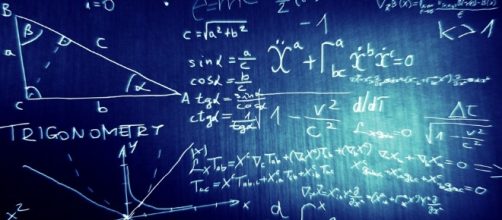Physicists at the University of Science and Technology of China have created a new method to solve a system of Linear Equations, their method is a quantum mechanical method, which makes it the first time a quantum computer solves a system of linear equations. The fact that the current method is purely quantum is very interesting since quantum computation is much faster than classical computers. This achievement could have great implications on the future and development of quantum computers.
Their work was published in Physical Review Letters under the name ''Solving Systems of Linear Equations with a Superconducting Quantum Processor''
A theoretical quantum algorithm
Aram Harrow, Avinatan Hassidim, and Seth Lloyd have theoretically designed a quantum algorithm for solving systems of equations, their model was formulated in 2009.
Their work was mainly theoretical with no physical application. Now, Chinese physicists have demonstrated for the first time that the theoretical model is possible in the real world, by inventing a quantum algorithm that successfully solved a system of equations. The HHL algorithm is predicted to be exponentially faster than classical algorithms, but this has not been demonstrated so far.
In their current work, the physicists built a superconducting quantum circuit that works according to the HHL model, and they successfully showed that the circuit solves a simple 2*2 system of equations, a system of two equations with two variables. The algorithm works by performing various actions, from performing a series of rotations, swapping different states, and other actions as well.
The algorithm determines the solutions after performing these actions, these solutions are then figured out by a specific quantum measurement.
Comparison with classical systems
Theoretically, the HHL algorithm is much faster than all the classical algorithms, but so far this has not been tested since the current calculation is still very simple and takes a very little time to be performed, only one second, which makes it very hard to compare the time taken by the quantum algorithm with the time taken by the classical algorithms.
The real comparison will take place with more complicated calculations that will take place in the future since such calculations will take much more time, allowing physicists to measure the difference in time taken by the quantum and the classical algorithms.


